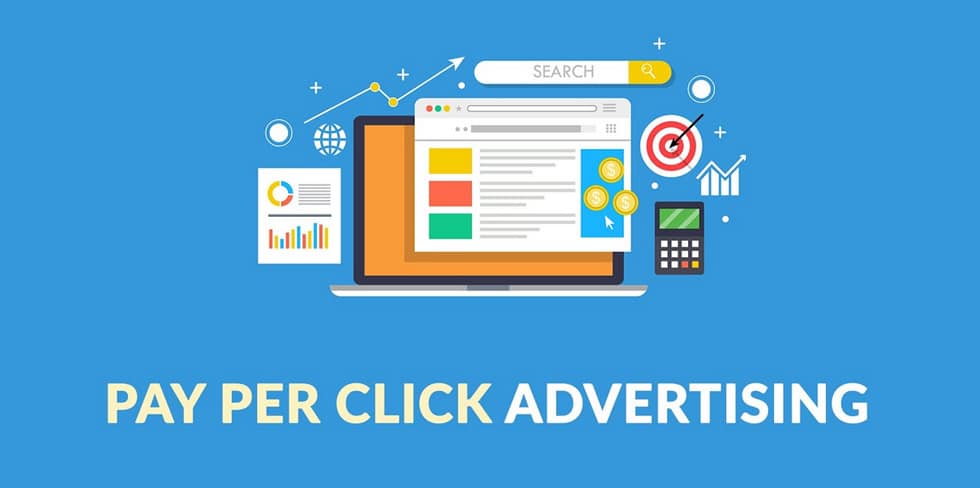Switching PPC advertising services can feel like moving houses – you’re excited about the change but worried about what might get lost in the process.
The truth is, your data and campaign history are more vulnerable than you think during agency transitions.
Many businesses lose valuable insights, historical performance data, and even entire campaign setups when they don’t handle the switch properly.
Who Actually Owns Your PPC Data
Here’s something that might surprise you – you don’t automatically own all your PPC data just because you paid for the campaigns. The ownership depends on several factors, and the rules aren’t as clear-cut as you’d expect.
Platform accounts like Google Ads and Facebook Ads should always remain under your business ownership.
But here’s where it gets tricky: many agencies create these accounts using their own email addresses and payment methods. This means they technically control access to your campaigns.
The campaign data, keywords, and performance history typically belong to you since it’s your business information.
However, proprietary tools, custom scripts, and specialized reporting systems developed by the agency usually stay with them. You paid for the results, not their internal processes.
Account Access Rights During Transfers
Getting access to your accounts during a switch can turn into a real headache if you’re not prepared. Most agencies are cooperative, but some make the process unnecessarily difficult.
Your legal rights depend on what’s written in your contract. Smart contracts include specific clauses about data portability and account ownership. Without these clauses, you’re relying on the agency’s goodwill.
Payment method control is crucial here. If the agency’s credit card is linked to your accounts, they can hold your campaigns hostage by threatening to pause them for non-payment. Always keep your own payment methods connected to avoid this situation.
| What You Should Own | What Agencies Keep |
| Platform accounts (Google Ads, Facebook, etc.) | Proprietary tools and software |
| Campaign performance data | Custom scripts and automation |
| Customer lists and audiences | Internal processes and methodologies |
| Conversion tracking setup | Training materials and templates |
The Real Cost of Poor Transfers
Bad agency switches cost businesses an average of 23% of their monthly ad spend, according to recent industry data. That’s money lost while new campaigns get set up and optimized from scratch.
Here’s what typically gets lost during messy transitions:
Historical data becomes inaccessible when agencies lock you out of reporting tools. You lose insights about seasonal trends, audience behavior, and what actually drove your best conversions. This information took months or years to gather.
Campaign optimization resets to zero. Your new agency starts fresh instead of building on proven strategies. They’ll need 60-90 days to reach the same performance levels you had before.
Audience data often disappears entirely. Custom audiences, lookalike groups, and retargeting lists might be stored in the agency’s master accounts rather than yours. Rebuilding these takes significant time and money.
Smart Transfer Strategies That Work
Start planning your exit strategy before you even sign with an agency. This isn’t pessimistic – it’s practical business planning that protects your investments.
Get everything in writing during contract negotiations. Specify that all accounts must be created under your business email addresses. Require monthly data exports and insist on admin access to all platforms from day one.
Document your current performance before making any changes. Take screenshots of your dashboards, export your keyword lists, and save your best-performing ad copy. This gives your new agency a clear benchmark to work from.
The transition period should overlap by at least 30 days. Don’t let your old agency shut everything down before your new team is fully operational. Parallel running prevents the performance gaps that kill your momentum.

Platform-Specific Transfer Rules
Different advertising platforms have different rules about account transfers, and knowing these details can save you major headaches.
Google Ads allows account transfers, but the process requires both parties to cooperate. The original account owner must invite the new agency and remove the old one.
Without cooperation, you might need to create entirely new accounts and lose your historical data.
Facebook Ads uses Business Manager accounts that can be transferred more easily. But audience data and custom conversions often stay with the original business manager. You’ll want to export audience lists before switching.
Microsoft Ads has the smoothest transfer process, but fewer agencies specialize in this platform. The technical transfer is simple, but you might face knowledge gaps with your new team.
Protecting Your Investment Moving Forward
Your PPC data is a business asset that grows more valuable over time. Treat it like any other important company resource and put proper protections in place.
Set up monthly data backups regardless of which agency you work with. Export keyword performance, audience lists, and conversion data regularly. Store this information in your own systems where no agency can touch it.
Review your contracts annually and update data ownership clauses as your business grows. What made sense for a small startup might not protect a growing company with significant ad spend.
Consider using hybrid management models where you maintain direct platform access while agencies handle optimization. This approach costs slightly more but gives you complete control over your data and accounts.
The ppc advertising services landscape keeps evolving, and agency relationships that work today might not fit your needs tomorrow. By protecting your data and maintaining proper account ownership, you can switch partners confidently without losing the valuable insights that drive your success.



